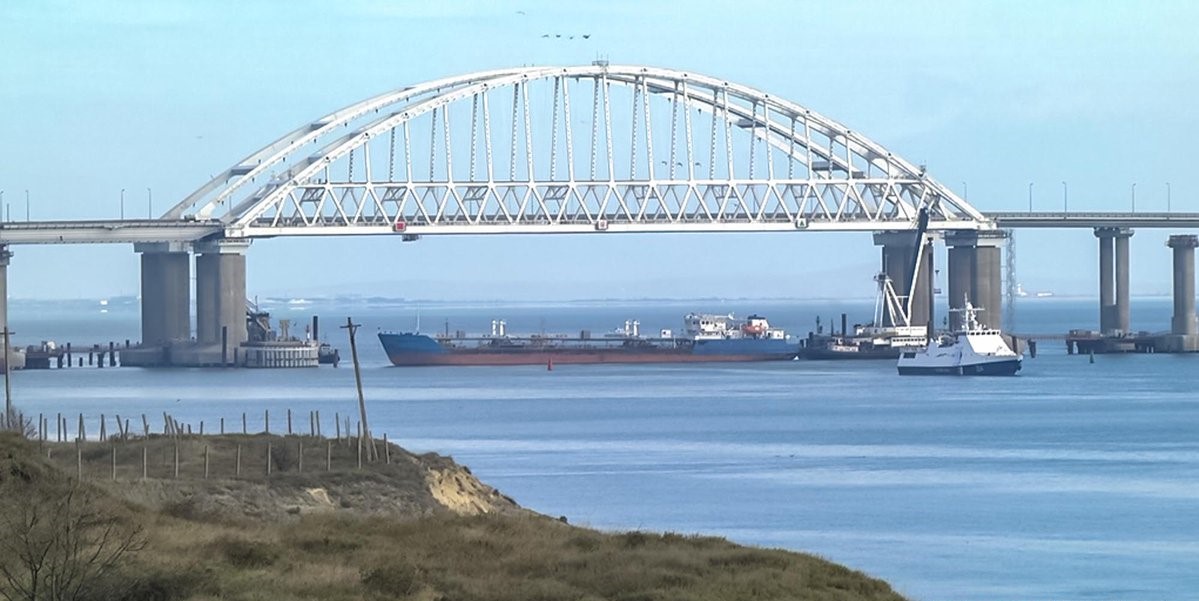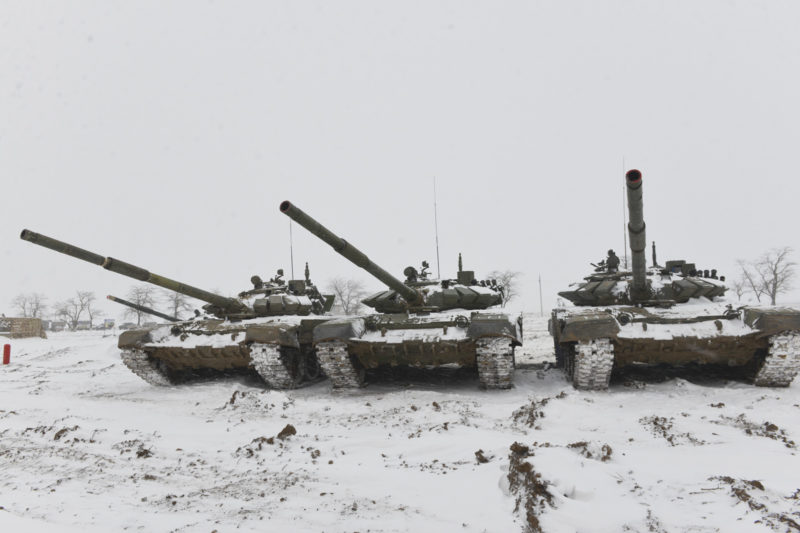In an interview taken by Rosbalt journalist Aleksandr Zhelenin, the independent Moscow military analyst says that not only is there a continuing threat against Ukraine but there is also a very real danger that any Russian military actions there could lead to a broader war between Moscow and NATO countries (rosbalt.ru/world/2021/04/28/1899640.html).
[boxright]
Putin may have pulled back from Ukraine border but he did not back down, experts warn
[/boxright]
Indeed, Felgengauer continues, recent statements by Russian Defense Minister Sergey Shoygu and Russian Foreign Minister Sergey Lavrov suggest that Moscow blames the West for Ukraine’s standing up to Moscow and therefore part of the problem any new aggression against Ukraine would be designed to eliminate.
Many who see Russia’s withdrawal of forces from near the Ukrainian border as a turning point forget, the military analyst says, that Moscow did exactly the same thing in 2008 in the North Caucasus. It staged exercises, withdrew its troops a short distance, and then turned them around to invade Georgia.
Felgengauer says he is not in a position to give probabilities about a new war but in his view, “the most dangerous” time during which such a war could begin will be “the second half of May.” If NATO backs Ukraine, and Russia attacks NATO aircraft or ships, there is a chance that there could be “an escalation all the way up to nuclear war.”
Both the buildup in Russian naval forces in occupied Crimea and in the Black Sea suggest that part of such a Russian offensive would be a landing operation near Odesa and Mykolaiv. Even without reinforcements, Moscow has the capacity to land some 10,000 marines in this location.
But as large a force as that is, he continues, the major line of Russian attack will be from the north, from Belgorod, Bryansk, and Voronezh oblasts in order to exploit what Moscow sees as weaknesses in Ukraine’s right flank. The Russian military can send in three armies along that axis, two of which are guards’ units.
Their task will be to “surround on three sides and then destroy the Ukrainian army,” an action that recalls what happened in the Ilovaisk district in 2014 but at a much larger scale. The Ukrainian army is better prepared than it was seven years ago, but it is “not very prepared for the mobile war” the Russians have planned.
Felgengauer concludes by repeating that
Read more:
- The Kremlin sets insuperable preconditions to meeting with Zelenskyy
- Escalation around Donbas: Is the Ukrainian army prepared for full-scale Russian aggression?
- Russia closing off more of Black Sea even as it pulls its forces back from Ukrainian border
- Putin may have pulled back from Ukraine border but he did not back down, experts warn
- Four lessons learned from Russia’s Ukraine buildup





